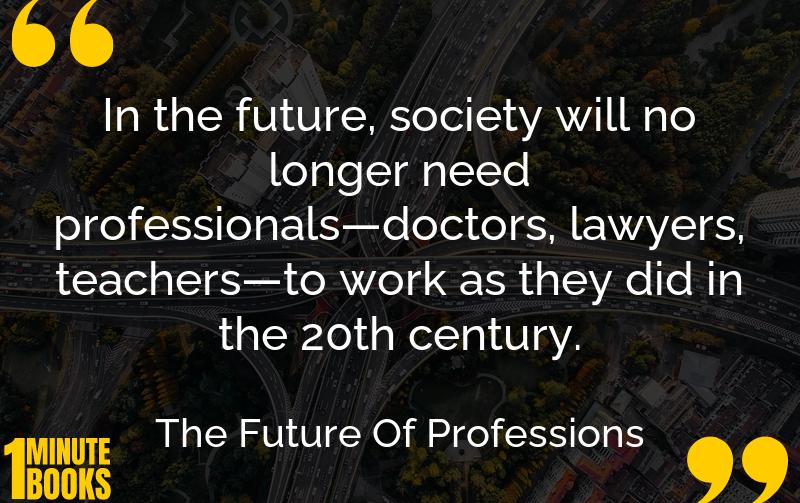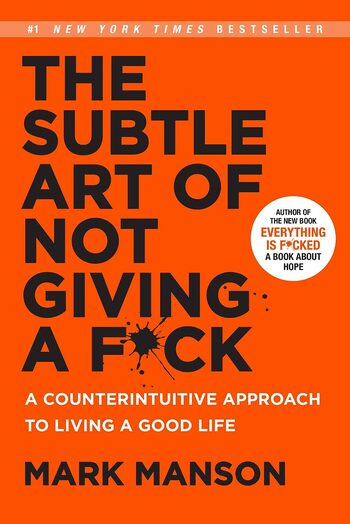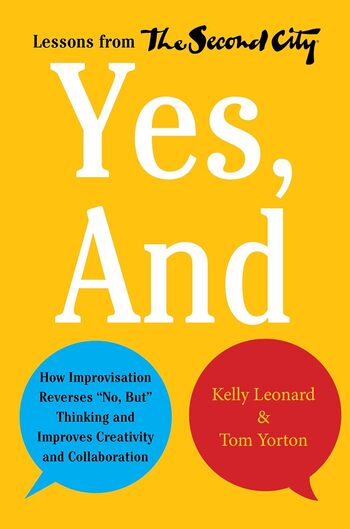
The Future of Professions explores how advancing technology and accessible knowledge reduce the need for traditional professional roles, advocating adaptation over resistance.
Main Lessons
- Advanced technology and AI are making previously specialized knowledge widely accessible.
- Professions rely on exclusive access to knowledge, which is being democratized.
- Automation threatens traditional roles but also offers opportunities for new ones.
- The traditional ‘grand bargain’ of professional monopoly is becoming outdated.
- Self-preservation of professions resists technological progress, risking obsolescence.
- Access to professional knowledge is increasingly expected to be free and open.
- New roles focusing on guiding use of knowledge, rather than mere dissemination, are emerging.
- Technology enables standardization in services, reducing costs and increasing accessibility.
- The role of professionals is shifting towards adaptation and constant learning.
- Jobs for life will decline, replaced by a need for adaptability and ongoing education.
- Gatekeepers of knowledge will transform, but oversight of information repositories is vital.
- Knowledge sharing enhances and evolves expertise, leading to collective innovation.
- Understanding technology as a connector can ease the transition to new societal norms.
- Integration of new technology should be managed to benefit, not displace, society.
- Professions must embrace change to unlock potential societal improvements.








